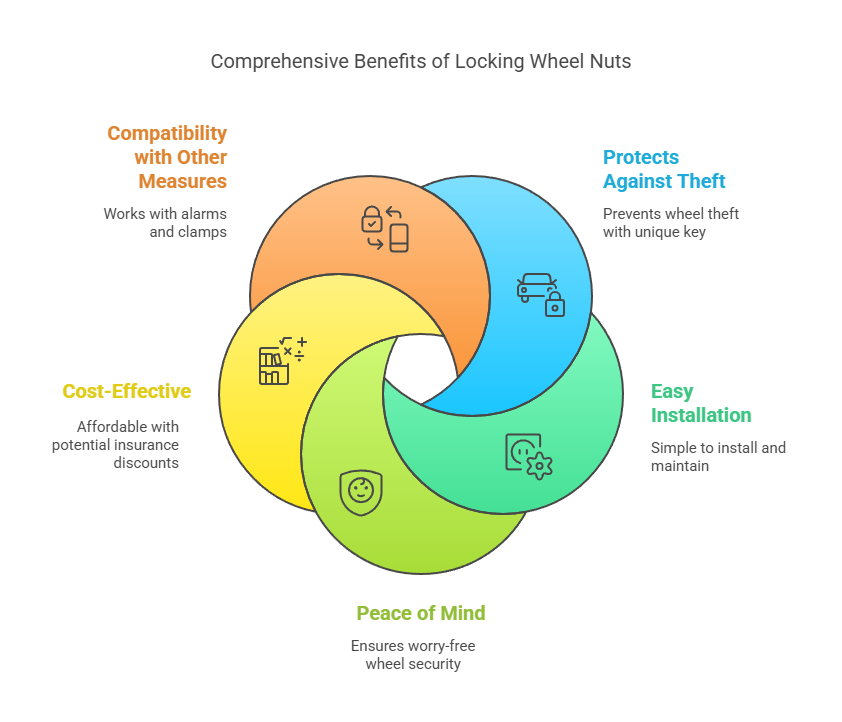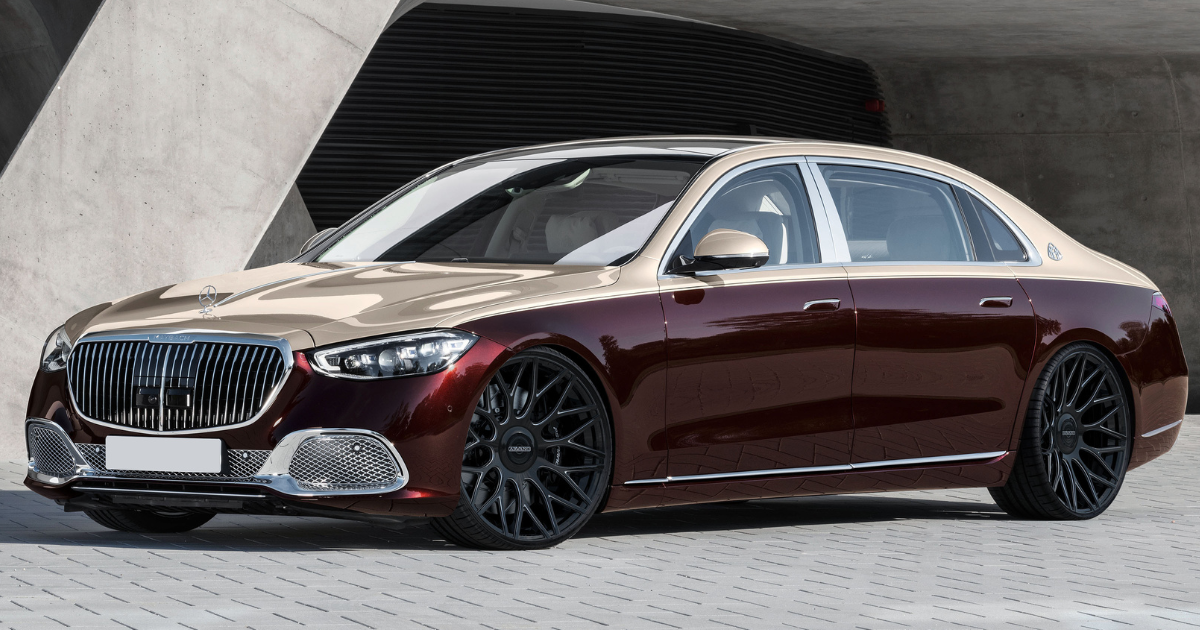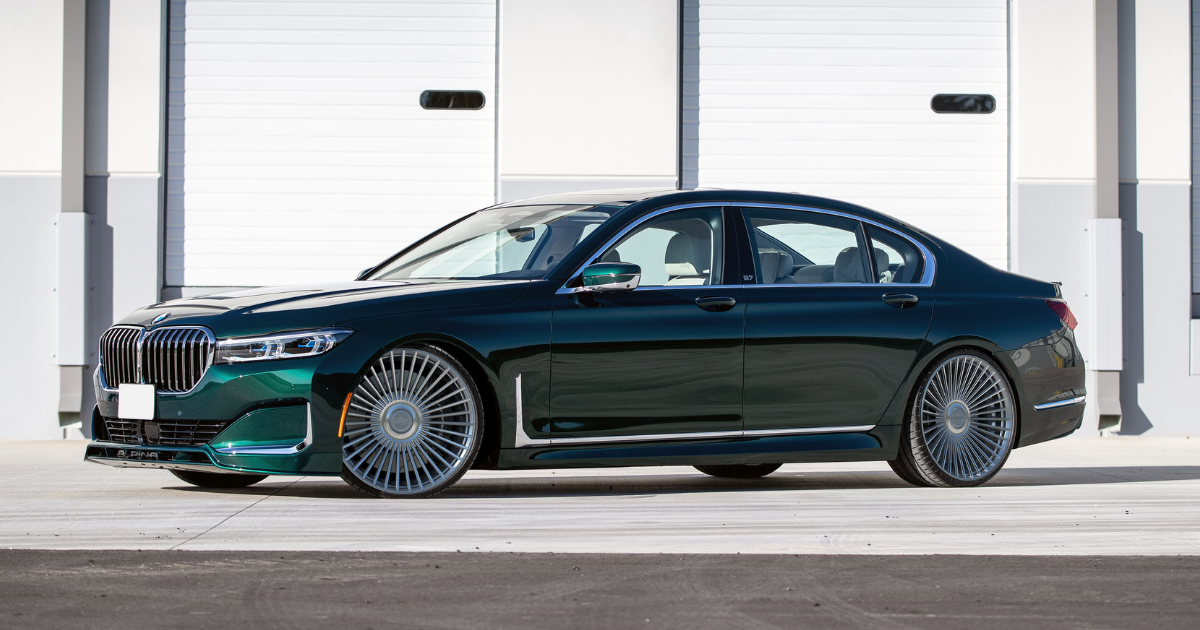JOIN THE B2B PORTAL
Become a dealer and get access to our exclusive online B2B platform for the best value on Elite Wheel and Tire brandS.

Blog

How to select the perfect wheel size for your vehicle may sound simple. But it really requires much attention. If something goes wrong both you and your car can get hurt. Your wheels do more than just make your car look good; they change how it drives, handles, and even how safe you feel behind the wheel.
Let me tell you how to select the perfect wheel size. First of all, know your car’s specifications. Also, the driving route. Then, decide the look you want to go for. All of these should match with the new wheels and your vehicle. If any of these go wrong, you will not get the right grip or handling. Your wheels might rub against your brakes or suspension and even lower your fuel economy.
If you’re feeling unsure, you’re not alone. That’s why we’re here. At Elite Wheels Warehouse, we make it easy to find wheels that fit your car perfectly and match your style. Check out our range today and drive with confidence every time you hit the road.
Wheel size might seem like a small detail, but it actually makes a big difference in how your car feels every day. Bigger wheels usually use wider tires, which can improve grip, especially in dry conditions, if paired with quality tires. You’ll feel more stable, especially when taking corners or driving at higher speeds. It gives your car that sporty feel many people love.
But there’s a downside. Bigger wheels add extra weight, which makes your engine work harder. This means your fuel mileage might go down, and you could end up spending more on gas. Smaller wheels keep your car lighter, which usually means better fuel economy and a smoother ride, especially on rough roads.
Most importantly, wheel size affects your safety. If your wheels don’t match your car’s bolt pattern or offset, they might rub against your brakes or suspension parts. This isn’t just annoying – it can cause damage or make your car unsafe to drive. Always make sure your wheels fit properly so you stay safe and confident behind the wheel.

When you go for bigger wheels, you’re also getting wider tires. That extra width means your car sticks to the road better, especially when you’re taking sharp turns or driving on winding roads. It makes your car feel more stable, giving you that confident, planted feeling when you drive.
But bigger wheels aren’t all good news. They’re heavier, and that extra weight slows your car down a bit. When you press the gas pedal, you might notice your car doesn’t take off as quickly. It loses some of that quick, light feel you’re used to.
Heavier wheels also affect your fuel economy. Since your engine has to work harder to move them, you’ll end up using more gas. If you’re someone who drives a lot or likes to save at the pump, keeping your wheels lighter will help you spend less on fuel.
Comfort is another thing to think about. Bigger wheels usually need low-profile tires with thin sidewalls. These don’t absorb bumps very well. You’ll feel more of the road, especially if it’s full of potholes and cracks. If you want a smoother ride, especially for daily driving, smaller wheels with thicker tires will make your drive feel much more comfortable.
Choosing the perfect wheel size doesn’t have to be confusing. Start by checking your car’s owner’s manual or the sticker inside your driver’s door. This gives you your recommended diameter, width, and bolt pattern, the basics you need before shopping.
Next, think about your driving goals. If you want a sportier look and sharper handling, bigger wheels with low-profile tires can give you that. Just remember, they can make your ride feel stiffer and might lower your fuel economy. If comfort and saving on gas matter more to you, sticking closer to your factory size or choosing lighter wheels will keep your ride smooth and efficient.
Don’t forget to check load rating. Make sure your wheels can handle your car’s weight, especially if you drive an SUV, truck, or carry heavy loads. Check brake clearance too. If you have larger brake calipers, not all wheels will fit over them safely.
Also, consider tire availability. Some wheel sizes have limited tire options, which can be expensive or hard to replace later. Remember speedometer calibration – changing wheel diameter affects your speed reading. If it’s off, you might be speeding without knowing it.
Finally, think about material and construction. Alloy wheels are lighter and stylish, while forged wheels are stronger but pricier. Steel wheels are durable for rough use but are heavier.
If you’re ever unsure, talk to a fitment expert. They’ll help you choose wheels that fit perfectly, suit your driving style, and keep you safe every day.
Changing your wheel size can affect your legal safety and insurance coverage too. In the US, the Department of Transportation (DOT) has rules about speedometer accuracy. When you change your wheel diameter, your speedometer might no longer read correctly. Even a small difference can mean you’re driving faster than you think, which could lead to unexpected speeding tickets.
Then, there are state laws to think about. Some states, like California, don’t allow wheels to stick out past your fenders unless you have proper coverage, like fender flares. If your wheels stick out too far, you could get fined for having an unsafe vehicle on the road.
Insurance is another area people often overlook. If your new wheels aren’t approved for your car or if they affect your braking and handling, your insurance company could deny your claim after an accident. That’s why it’s always smart to call your insurer before making any major changes. It only takes a few minutes and can save you from major headaches down the line.
If you’re buying wheels for the first time, start by checking your vehicle’s owner’s manual or door jamb sticker. This shows your factory wheel diameter, width, bolt pattern (PCD), offset (ET), and center bore size. Having these numbers handy will save you from costly mistakes.
When choosing wheels, don’t focus only on style. Think about your daily driving. If you go for bigger wheels with low-profile tires, you’ll get sharper handling, but your ride will feel harsher over bumps. If comfort matters to you, stick to a similar diameter with higher-profile tires.
Always check the load rating of the wheels. This tells you how much weight each wheel can handle safely. Using wheels with a lower load rating than your vehicle requires can lead to cracks or failures while driving.
Look at the offset (ET) carefully. Positive offset wheels sit more inward, while negative offset wheels stick out more. Getting this wrong can cause your wheels to rub against your suspension or brake calipers or extend too far past your fenders, affecting handling and legal compliance.
Check the center bore size too. If the wheel’s centerbore is bigger than your hub size, you’ll need hub-centric rings to keep the wheel perfectly centered and prevent vibrations at high speeds.
Ask about lug nut seat types. Some aftermarket wheels use tapered (conical) seats, while others use ball seats. Using the wrong type can damage your wheels or cause them to loosen while driving.
Finally, when your new wheels arrive, always test-fit them before mounting tires. Make sure they clear your brake calipers, sit flush on the hub, and match your vehicle’s bolt pattern and offset. It’s easier to exchange unused wheels than to deal with mounted tires you can’t return.
Wheels do more than just upgrade your car’s look. They change how your car drives, feels, and stays safe on the road. Before buying, check your bolt pattern, offset, center bore, and load rating carefully. Think about what matters most to you. A smooth ride, sporty handling, or a bold new style. If you’re not sure what fits best, don’t worry. At Elite Wheels Warehouse, we’re here to guide you. Check out our wheels today and find the perfect set that makes every drive better.
Become a dealer and get access to our exclusive online B2B platform for the best value on Elite Wheel and Tire brandS.
“We strive to be the global leader in the automotive industry with brands built on passion, inspiration, and innovation.”